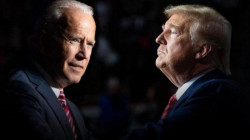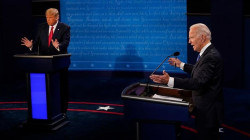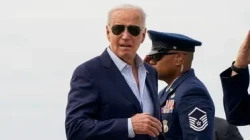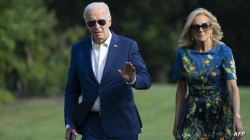What is behind the withdrawal of American forces from Iraq?
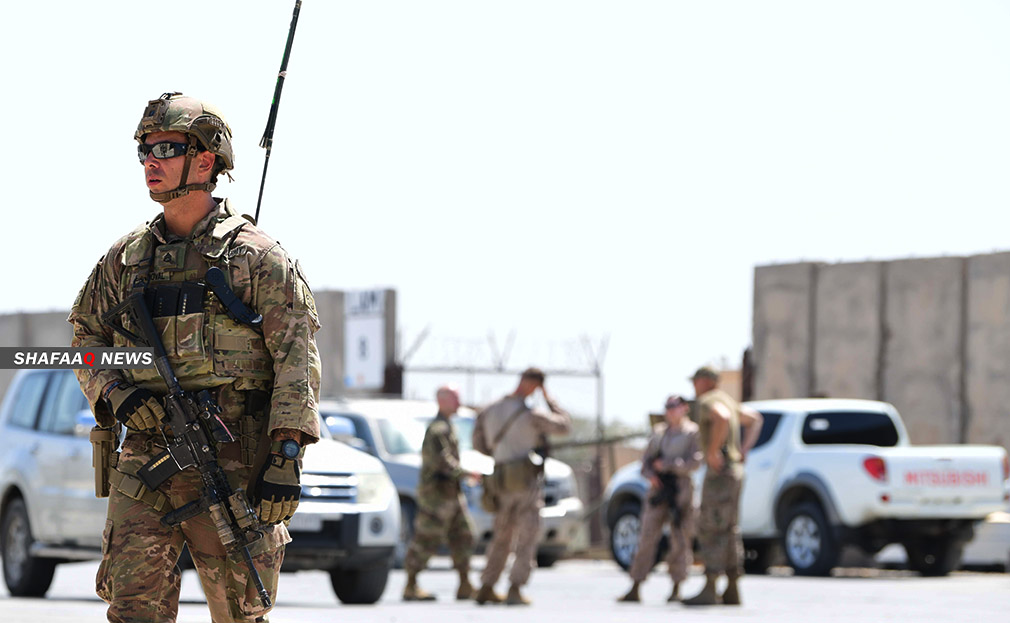
Shafaq News /the United States’ president, Donald Trump’s decision to withdraw thousands of troops from the Middle East, specifically from Iraq, raises questions from observers as to whether the decision is linked to complex Iraqi details, or is he just trying to score extra points in the final yards of the presidential race with the democratic candidate, Joe Biden.
It was remarkable that the decision to announce the withdrawal of troops from Iraq was "promoted" in phased matter over the past two days.. It was first leaked through the media, and then American political and military officials continued to announce it, up to President Trump himself.
As Trump sat in his office surrounded by his top advisers -with the announcement of the normalization agreement between Israel and Bahrain still freshly out to the world, on Friday evening, he said, “The Middle East is changing because of these peace agreements. This will enable Washington to withdraw its troops from there where they are not needed. The Middle East was sand full of blood, but it will be more comfortable and we will be able to withdraw our troops from it".
It was not the first time Trump had described the Middle East as just sand filled with blood and war. He had already used similar expressions when he suddenly decided last year to announce his intention to withdraw U.S. troops from eastern Syria as well, as he said at the beginning of 2019, “It is long over in Syria, we are talking about sand and death, not big fortunes.. I do not want to stay in Syria forever; it is nothing but sand and death”.
In an interview a few days ago with Axios, he said, "The decision to send troops to the Middle East and to plunge them into the Conflicts of the Middle East, was the greatest mistake in the history of our country. That's my point of view".
He has repeatedly said over the past two years that he wants to end what he calls "the policy of endless wars". However, uproar rose in the United States in recent days after reports indicated that he had spoken out mockingly about the "idiot" American soldiers killed in Vietnam and other wars, which has widened the rift between him and the military forces. His advisers fear that major public harm would be inflicted on him in the weeks leading up to the U.S. elections.
The question remains: Did Trump decide to withdraw a large number of his troops from Iraq because of his long-standing commitments to exit and the pressures of electoral competition or to meet the demands of Iraq, including the confirmation of the understanding with Prime Minister Mustafa Al-Kadhimi in the former's visit to the White House in August?
"The reduction of U.S. forces in Iraq was planned, and it happened at the moment due to several factors, including the events and the signs that took place earlier this year", Fadhil Abu Ragheef, Iraqi political and security expert said in an interview with Shafaq News agency. Abu Ragheef also referred to the assassination of Abu Mahdi Al-Muhandis and Qassem Soleimani, as well as the parliament’s directive to the government to work on scheduling the international Coalition’s exit from the country.
Abu Ragheef added, "The parliamentary and community pressure are among the reasons behind the withdrawal. In addition, the contradiction of the political blocs among them and the U.S. elections; especially Biden, who stressed that if he wins he will withdraw troops from Iraq and make their presence with less than 1,000 troops, and Trump is trying to respond to him with equal steps".
"The reduction of U.S. forces in Iraq is also due to the minimization of the US bases’ number in the country, which are one in Kurdistan and Ayn Al-Asad base. This comes in the spirit of the agreements made by the Joint Operations Command with the international Coalition, as well as Al-Kadhimi's recent visit to Washington and his agreement on this reduction with the U.S. administration”, said Abu Ragheef.
"The decision to reduce U.S. forces in Iraq is an internal U.S. sovereign decision linked to the U.S. situation; particularly the presidential elections. The current President Donald Trump is now trying to prove to his voters that he is a man of peace.. Therefore, he has worked as a mediator for peace between Israel, the United Arab Emirates and Bahrain. He also wants to prove to his voters that he is a man of economy that has saved billions of dollars spent on troops in Iraq", said Kadhim Al-Waeli, a former adviser to the international coalition in an interview with Shafaq News agency.
Al-Waeli clarified, "The reduction of U.S. forces in Iraq is a U.S. decision, as Trump does not care about Iraq. All he wants is to prove that the wars taking place in Iraq are inherited from the George W. Bush and Barack Obama administrations.. He wants to show that he is on the opposite to the policies that took place before he claimed the office. The United States is not interested in pressure inside Iraq at various levels. Washington deals with Iraq through the Iraqi government, not militias or the shaky Iraqi parliament”.
"The United States has its strategy. Trump's administration at the moment wants to distance itself from the problems in the Middle East, and focus on rich countries in the Middle East, such as the Gulf States, to support the U.S. economy", Al-Waeli added.

